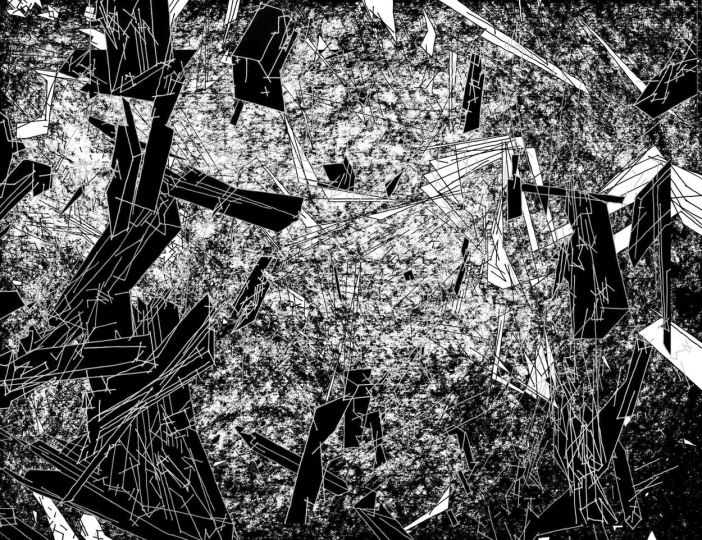Knowledge is created by and dies with the knower. Only data, or evidence that knowledge has existed survives death, in all the books and buildings and artifacts that people have created as a demonstration of what they knew or came to know through the hard-won process of living and working. These things are not knowledge itself, though some make the mistake of thinking so. Rather, they are the applications of knowledge, its effects.
So, too, in the age of computerization and satellites, the technology once used to launch spaceships to the Moon, and to land on it and return to Earth, has been superseded and is, for us, useless. If we want to go to the Moon again, we will have to invent all over again the technical means—and the moral reasons—to do it. The old ways and ambitions, just like the old technologies, remain inspirations, but they do not embody the knowledge we need. We of the present must invent that for ourselves. Yet, we must accept in advance that our knowledge will always be greater than can be contained by any construction we make with it.

And that it will die with us. Contrary to received wisdom, it is Art that is short, and Life that is long.
http://lebbeuswoods.wordpress.com/2009/08/12/ars-brevis-vita-longa
Ars longa, vita brevis are the first two lines of a Latin translation of an aphorism by Ancient Greek physician Hippocrates. The words are commonly translated in English as art is long, life is short. The full text in Latin is:
Ars longa,
vita brevis,
occasio praeceps,
experimentum periculosum,
iudicium difficile.
In this commonly found Latin translation, the first two statements have been switched from the Greek original.
The full text is often rendered in English as:
[The] art is long,
life is short,
opportunity fleeting,
experiment dangerous,
judgment difficult.
The most common and significant caveat in this translation is that "art" (Latin: ars, Ancient Greek: τέχνη (techne)) is interpreted as "technique, craft" (as in The Art of War), not "fine art", Hippocrates being a doctor and this being the start of a medical text. The following line "The physician must not only be prepared to do what is right himself, but also to make the patient, the attendants, and externals cooperate," makes the medical context clear.
http://en.wikipedia.org/wiki/Ars_longa,_vita_brevis


No comments:
Post a Comment